Salesforce and DealCloud are both leading customer relationship management (CRM) platforms widely used by private equity firms, venture capitalists, and investment bankers. At Platinum Cubed, we bring deep expertise in CRM strategy and implementation to ensure your team gets the most out of the best CRM for your business.
Before making the leap from a legacy CRM (or just Excel and email) to an Ai-powered behemoth, it’s crucial to understand the specific customizations your team will need. Expectations around out-of-the-box functionality can easily shift the balance in favor of Salesforce or DealCloud. Likewise, if API flexibility is a priority, that alone may tip the scales toward Salesforce.
The devil is in the details where these two platforms are concerned.
A powerful CRM can drive compliance and boost client satisfaction, but only with the right adoption. Ironically, the C-suite is often the biggest barrier to successful implementation. At Platinum Cubed, we have the experience to help streamline operations and equip every team member to maximize your CRM’s potential. We also know your time is valuable. That’s why we’ve put together a guide to help you evaluate which CRM your team is most likely to adopt and get results from, quickly and effectively.
Key Features Comparison
Because investment banking and private equity firms operate in a highly regulated environment, they need a CRM that complies with industry standards and systematically tracks all interactions. Both Salesforce and DealCloud offer this level of compliance. Here’s where they diverge:
Salesforce: Key Features for Private Equity Firms
- C-Suite User Implementation: Extensive
- Mobile App Implementation: Advanced
- Flexibility for PE Workflows: Superior
Top-Tier Implementation – Salesforce automatically captures activity data, reducing the need for manual input, a major advantage for top-tier executives. Salesforce has built-in audit trails and activity logs, like Setup Audit Trail and Field History Tracking, that help ensure regulatory reporting requirements are met. It quickly becomes the firm’s nexus of institutional knowledge, essential to understanding where your most relevant deal flow is coming from. Knowledgeable executives understand that everyone needs to have their interactions and touchpoints logged so that their professionals will be armed with a complete data set when chatting with bankers.
AI Automation – Salesforce helps private equity firms accelerate investor onboarding while making data-driven decisions. Its AI hub provides a centralized view of layered investor data, enabling deeper insights and faster onboarding. This creates a seamless experience for managing investor relationships.
Relationship-Focused Dashboards – Private capital firms need analytics reflecting the relationships that drive profit and show the real-time deal progress, cross-industry connections, and pathways for warm introductions. Salesforce tracks firm-wide network data and identifies engagement patterns across teams.
Choosing Salesforce empowers private equity firms to embrace data-driven strategies and achieve high-level implementation across the organization.
DealCloud: Key Features for Private Equity Firms
- Implementation Process: Complex
- API Integration: Limited
- Customization: Very High
Flexibility – DealCloud is known for its customization options, allowing mergers and acquisition firms to adjust the CRM specifically to create workflows and business processes that track real-time data. This feature benefits complex investment banking IT structures and is what DealCloud is known for.
Robust Functionality – DealCloud combines various functions, like pipeline management and deal data, into a single system, simplifying the user experience at first glance. When professionals can link different modules and generate new lists, they add value to overall operations.
Limited API Integration – Unlike Salesforce, DealCloud offers limited API support, but if your company isn’t super tech savvy or doesn’t have the internal resources to develop custom workflows it should work fine.
Limited Mobile App Usage – The mobile app lacks intuitive design and ease of use, particularly for adding notes or accessing historical data. Datasheets should be easy to use in any browser, but they are not, which can be frustrating.
Costly Customization – Customization is normally a strength, but DealCloud charges for the ability. Custom APIs and other specific tailorings come at a higher cost, which DealCloud may offer to different clients as they target PE firms, which can add to implementation complexity and cost.
Conclusion
While our experience with DealCloud is more limited compared to Salesforce or other widely used CRMs like Zoho (due to its acquisition by Intapp in 2018), we’ve seen it serve specific firms well. In summary, we prefer Salesforce because they offer a much more precise way to tailor dashboards, tracking, and compliance systems for businesses in the financial sector. Our team can make the switch from DealCloud to Salesforce a smooth process for you.
Salesforce stands out as the leading CRM for PE firms because the application security built into the product is the most critical differentiator for private equity firms today. At Platinum Cubed, we specialize in helping you harness its full power to drive your business forward.
Start with a no-hassle, no-cost consultation today.
